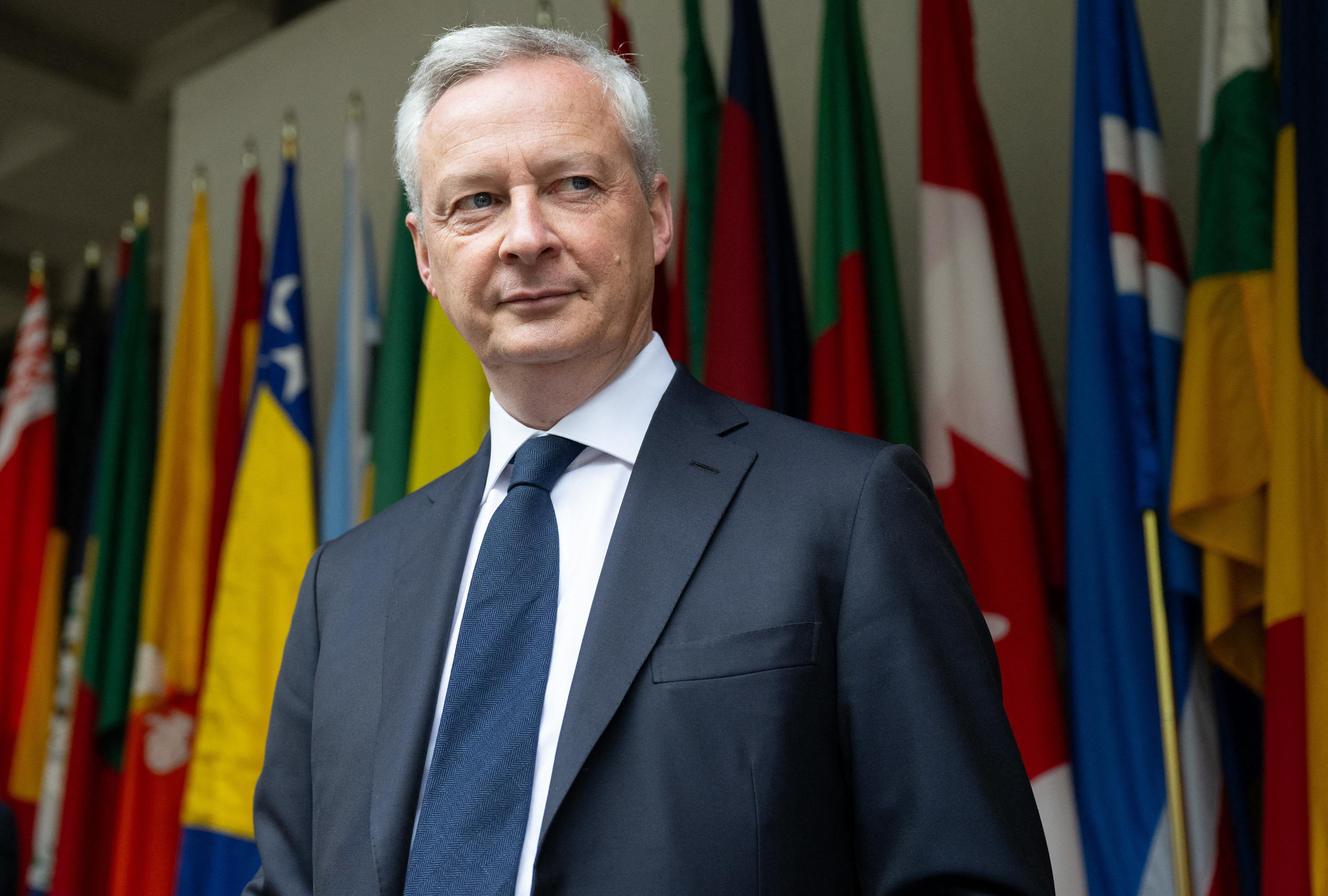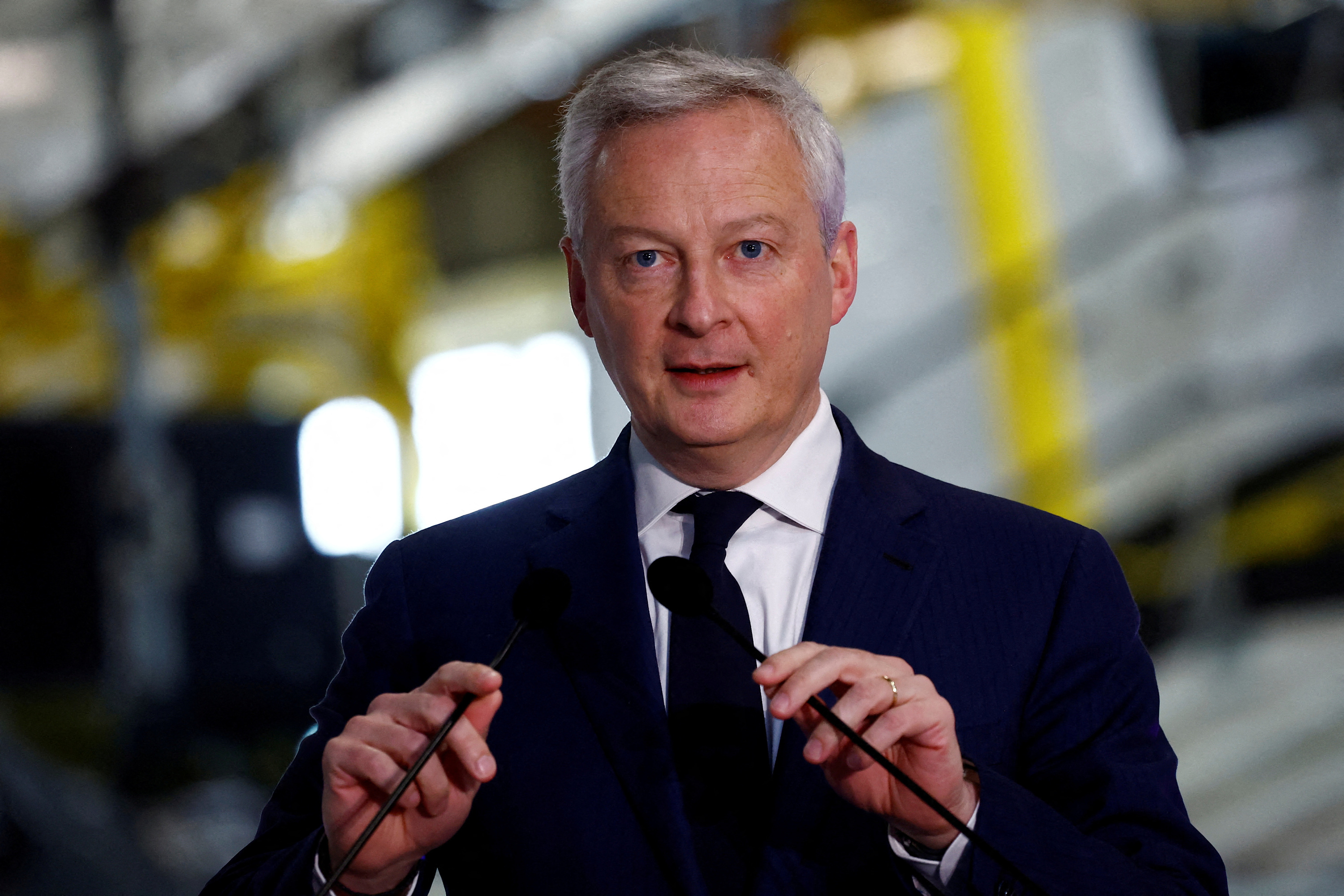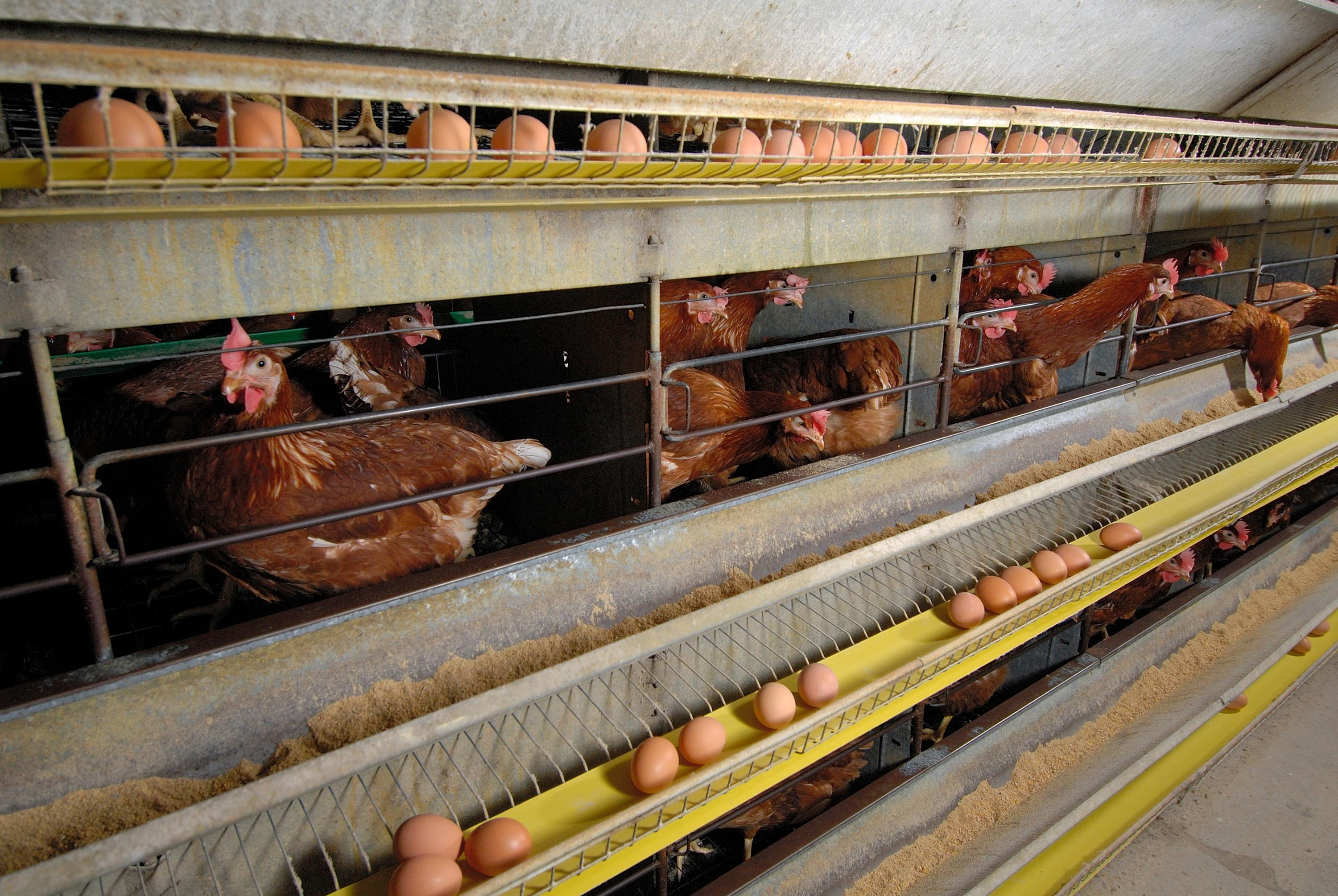The former Matsu military power plant in Taiwan has been transformed into an art installation intended to recall the Chinese bombings once suffered by this tiny archipelago which, like the rest of the territory, remains threatened by a Chinese invasion. The exhibition Your Country Needs You: Glory to Jun Hun (meaning “military spirit”) is part of the Matsu Biennale, which runs until mid-November.
The works exhibited as part of this event organized through Matsu highlight the natural beauty of this string of small rocky islands located 20 minutes by boat from the eastern Chinese coast. But some artists, like lighting designer Liu Ping-yi and his partner Annie Chu, have chosen to evoke the history of the armed conflict between China and Matsu and other small archipelagos dependent on Taiwan.
Starting in 1954, China sporadically bombed these islands and the situation lasted until 1979, when diplomatic relations were established between Washington and Beijing. “We wanted to use light to allow visitors to delve into the past so that they could better understand what soldiers and civilians lived on the island at that time,” explains Liu Ping-yi, who collaborated with a sound creator to create this exhibition within the power plant. “I hope they can imagine what Matsu was like during the war.”
This archipelago was one of the strategic military strongholds of the nationalist Kuomintang (KMT) forces after they fled China in 1949 following their defeat in the Chinese Civil War. Due to the bombing, the Nationalists strengthened Matsu's fortifications, building underground tunnels and air raid shelters, while coastal outposts were provided with narrow openings allowing soldiers to fire towards the mainland.
Now most of these military installations are abandoned, although some tunnels have been restored and are now open to the public. As part of the biennial, an air-raid shelter plays old soundtracks, while a former military performance hall displays cut-out and assembled Chinese characters taken from letters sent to the military and residents of the islands. A wire structure, shaped like a whale, is erected on a beach, made from old ships.
Today, “Matsu is focused on tourism,” says Wang Chung-ming, a senior official in the archipelago, who objects to Matsu being called a “front line.” These islands are located just northwest of the Taiwan Strait, a 180-kilometer area separating the autonomous territory from mainland China.
Beijing, which claims Taiwan as part of its territory, held major military maneuvers around the island last year, including one in April in which planes and warships simulated an encirclement of Taiwan. For the inhabitants of Matsu, the Taiwanese territory closest to China, life often continues without interruption in the face of these military maneuvers.
Local artist Chao Kai-chih says he is not “afraid of China’s verbal threats.” “Come if you have the courage,” he joked, before quickly changing his tone by saying that if China were to invade, “you can attack a little further: attack Taiwan, don’t attack Matsu.” .
Growing up in Matsu under military rule had many restrictions, recalls Chao Kai-chih, 66, recalling a 9 p.m. curfew and a ban on going to the island's beaches. “We want peace, not war and what we can do is transform Matsu into an artistic island,” says Chao Kai-chih, who hopes that many tourists will attend this biennial, after three years of closure of the borders due to coronavirus. “We must now slowly restart negotiations on tourism and trade,” said Wang Chung-ming. Politically, we must follow Taiwan, but economically, Matsu must integrate with the mainland.”

 What is chloropicrin, the chemical agent that Washington accuses Moscow of using in Ukraine?
What is chloropicrin, the chemical agent that Washington accuses Moscow of using in Ukraine? Poland, big winner of European enlargement
Poland, big winner of European enlargement In Israel, step-by-step negotiations for a ceasefire in the Gaza Strip
In Israel, step-by-step negotiations for a ceasefire in the Gaza Strip BBVA ADRs fall almost 2% on Wall Street
BBVA ADRs fall almost 2% on Wall Street Sánchez cancels his agenda and considers resigning: "I need to stop and reflect"
Sánchez cancels his agenda and considers resigning: "I need to stop and reflect" The Federal Committee of the PSOE interrupts the event to take to the streets with the militants
The Federal Committee of the PSOE interrupts the event to take to the streets with the militants Repsol: "We want to lead generative AI to guarantee its benefits and avoid risks"
Repsol: "We want to lead generative AI to guarantee its benefits and avoid risks" Osteoarthritis: an innovation to improve its management
Osteoarthritis: an innovation to improve its management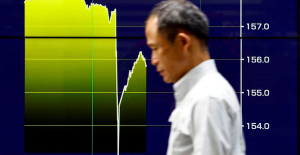 The yen jumps 3% then falls again, amid speculation of Japanese intervention
The yen jumps 3% then falls again, amid speculation of Japanese intervention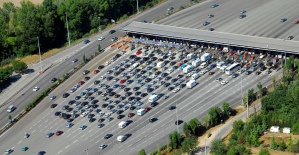 A very busy Friday on the roads of Île-de-France before the Ascension Bridge
A very busy Friday on the roads of Île-de-France before the Ascension Bridge Fraud: the government is preparing new measures for the fall
Fraud: the government is preparing new measures for the fall Nike breaks the bank to keep the Blues jersey
Nike breaks the bank to keep the Blues jersey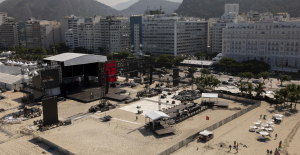 Madonna ends her world tour with a giant - and free - concert in Copacabana
Madonna ends her world tour with a giant - and free - concert in Copacabana Harry Potter: Daniel Radcliffe “really saddened” by his final breakup with J.K. Rowling
Harry Potter: Daniel Radcliffe “really saddened” by his final breakup with J.K. Rowling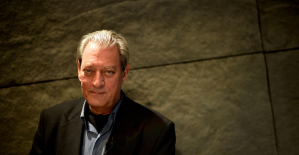 Leviathan, New York Trilogy... Five books by Paul Auster that you must have read
Leviathan, New York Trilogy... Five books by Paul Auster that you must have read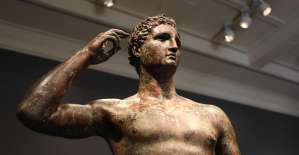 Italy wins a decisive round against an American museum for the restitution of an ancient bronze
Italy wins a decisive round against an American museum for the restitution of an ancient bronze Omoda 7, another Chinese car that could be manufactured in Spain
Omoda 7, another Chinese car that could be manufactured in Spain BYD chooses CA Auto Bank as financial partner in Spain
BYD chooses CA Auto Bank as financial partner in Spain Tesla and Baidu sign key agreement to boost development of autonomous driving
Tesla and Baidu sign key agreement to boost development of autonomous driving Skoda Kodiaq 2024: a 'beast' plug-in hybrid SUV
Skoda Kodiaq 2024: a 'beast' plug-in hybrid SUV The home mortgage firm rises 3.8% in February and the average interest moderates to 3.33%
The home mortgage firm rises 3.8% in February and the average interest moderates to 3.33% This is how housing prices have changed in Spain in the last decade
This is how housing prices have changed in Spain in the last decade The home mortgage firm drops 10% in January and interest soars to 3.46%
The home mortgage firm drops 10% in January and interest soars to 3.46% The jewel of the Rocío de Nagüeles urbanization: a dream villa in Marbella
The jewel of the Rocío de Nagüeles urbanization: a dream villa in Marbella Europeans: a senior official on the National Rally list
Europeans: a senior official on the National Rally list Blockade of Sciences Po: the right denounces a “drift”, the government charges the rebels
Blockade of Sciences Po: the right denounces a “drift”, the government charges the rebels Even on a mission for NATO, the Charles-de-Gaulle remains under French control, Lecornu responds to Mélenchon
Even on a mission for NATO, the Charles-de-Gaulle remains under French control, Lecornu responds to Mélenchon “Deadly Europe”, “economic decline”, immigration… What to remember from Emmanuel Macron’s speech at the Sorbonne
“Deadly Europe”, “economic decline”, immigration… What to remember from Emmanuel Macron’s speech at the Sorbonne These French cities that will boycott the World Cup in Qatar
These French cities that will boycott the World Cup in Qatar Mercato: Verratti at Barça? A track studied
Mercato: Verratti at Barça? A track studied Rugby: after the defeat during the Six Nations, the Blues will meet the English in September for a test match
Rugby: after the defeat during the Six Nations, the Blues will meet the English in September for a test match Premier League: Liverpool unveils its new jersey for next season
Premier League: Liverpool unveils its new jersey for next season Formula 1: Alpine holds its new executive technical director
Formula 1: Alpine holds its new executive technical director




